Buy Edaravone (Daiichi Sankyo) Online
DISEASE INDICATIONS: Amyotrophic Lateral Sclerosis (ALS), Cerebral Infarction
MANUFACTURER: Daiichi Sankyo Company Limited
USAGE: Intravenous
MEDICINE APPROVED BY:
Pharmaceuticals and Medical Devices Agency (PMDA)
Edaravone, marketed by Daiichi Sankyo under the brand name Radicava, is a medication used in the treatment of amyotrophic lateral sclerosis (ALS). ALS, also known as Lou Gehrig’s disease, is a progressive and debilitating neurodegenerative disorder that affects the motor neurons in the brain and spinal cord, leading to muscle weakness, loss of motor function, and ultimately paralysis.
Edaravone, marketed by Daiichi Sankyo under the brand name Radicava, is a medication used in the treatment of amyotrophic lateral sclerosis (ALS). ALS, also known as Lou Gehrig’s disease, is a progressive and debilitating neurodegenerative disorder that affects the motor neurons in the brain and spinal cord, leading to muscle weakness, loss of motor function, and ultimately paralysis. Edaravone is administered intravenously and is believed to work by reducing oxidative stress and inflammation in ALS patients.
Here is a general description of Edaravone (Radicava):
Brand Name: Radicava
Active Ingredient: Edaravone
Indication: Edaravone is indicated for the treatment of amyotrophic lateral sclerosis (ALS) in adult patients. It is used to help slow the progression of the disease and alleviate some of the symptoms associated with ALS.
Mechanism of Action: The exact mechanism of action of Edaravone in ALS is not fully understood. However, it is thought to work as a free radical scavenger, reducing oxidative stress and inflammation in the nervous system. Oxidative stress and inflammation are believed to play a role in the progression of ALS.
Administration: Edaravone is administered via intravenous infusion. The specific dosage and administration schedule will be determined by a healthcare provider based on the patient’s individual needs.
Dosage: The recommended dosage involves an initial treatment cycle, followed by ongoing maintenance cycles. The dosage may vary depending on the patient’s condition and response to treatment.
Efficacy: Clinical studies have shown that Edaravone can provide a modest benefit by slowing the progression of ALS and improving certain aspects of functional decline in some patients.
Common Side Effects: Common side effects may include bruising, gait disturbance, and headache. Patients should discuss these potential side effects with their healthcare provider.
Precautions: Patients taking Edaravone should be monitored closely for any adverse effects, and any underlying medical conditions or medications should be discussed with their healthcare provider.
Edaravone is not a cure for ALS, but it is one of the few medications approved for slowing the progression of the disease. It is important for individuals with ALS to discuss the potential benefits, risks, and side effects of Edaravone with their healthcare provider. Edaravone is typically prescribed as part of a comprehensive treatment plan for ALS, which may also include physical therapy, assistive devices, and supportive care.
| Package | 10 vials of 30 mg/20 mL, 10 infusion bags of 30 mg/100 mL |
|---|
Be the first to review “Buy Edaravone (Daiichi Sankyo) Online” Cancel reply
Related products
Neurology
Neurology
Neurology
Neurology
Neurology


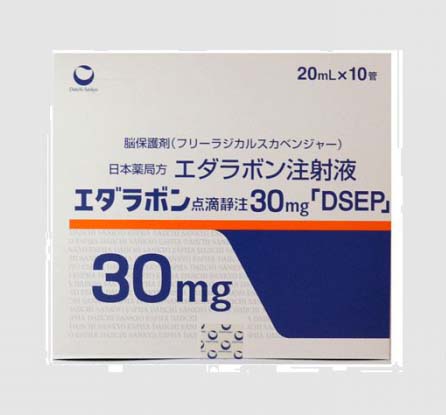
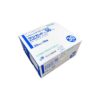
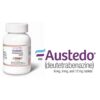
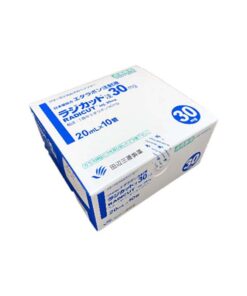
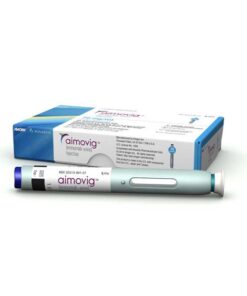
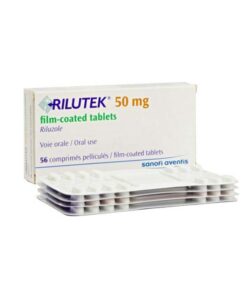
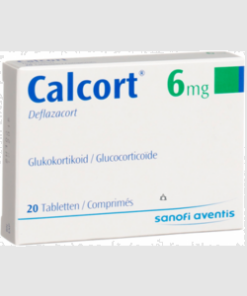
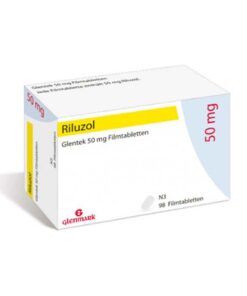
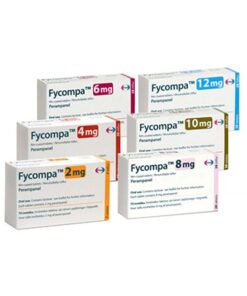
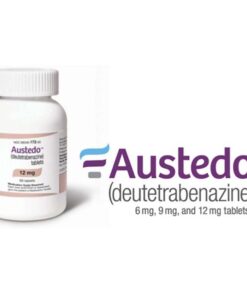
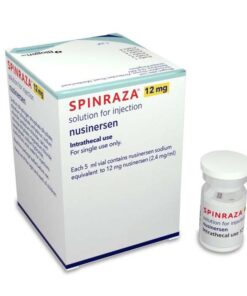
Reviews
There are no reviews yet.